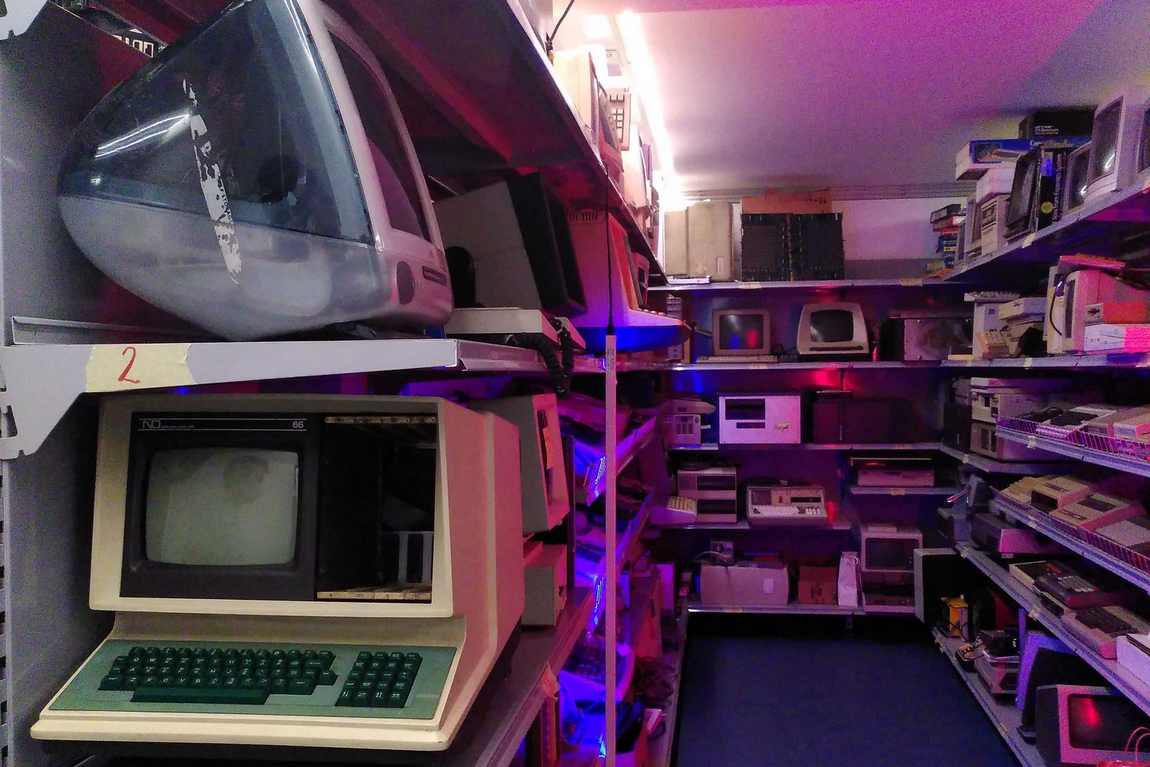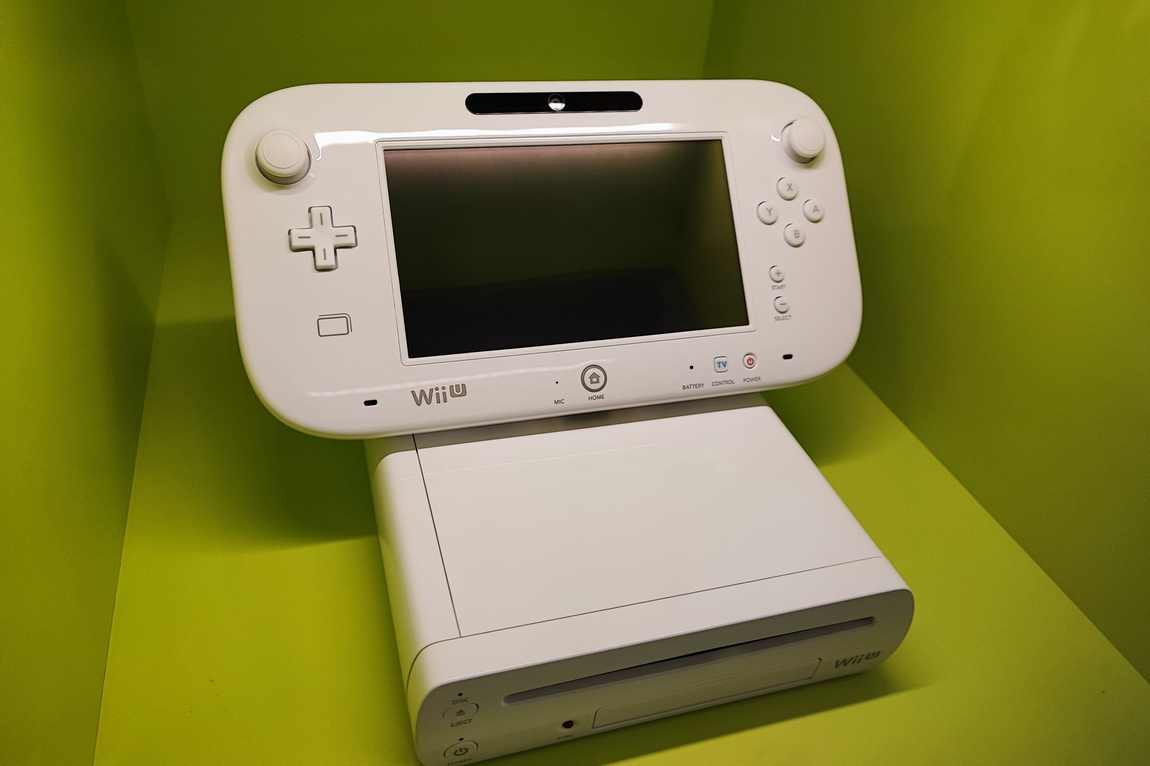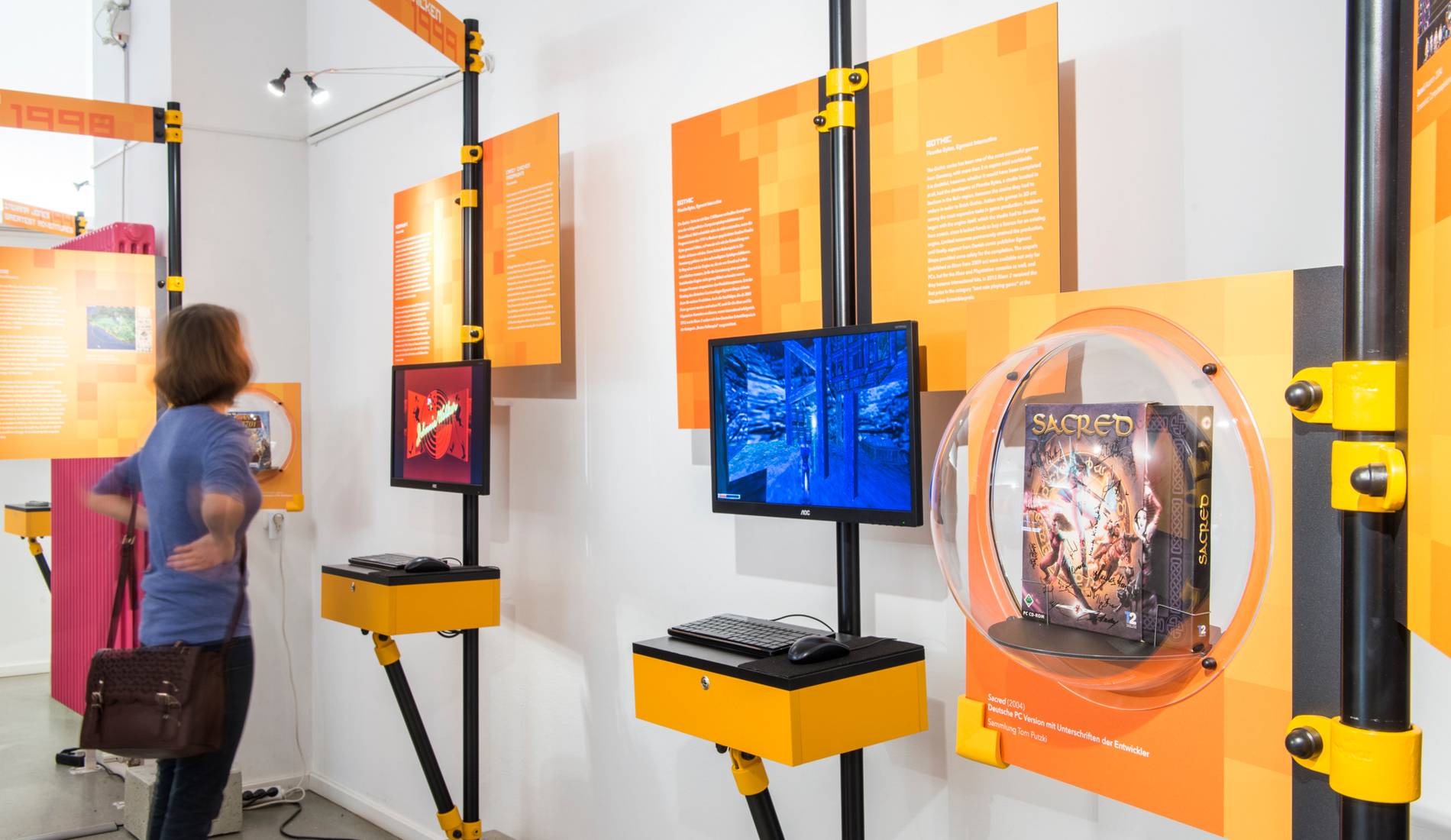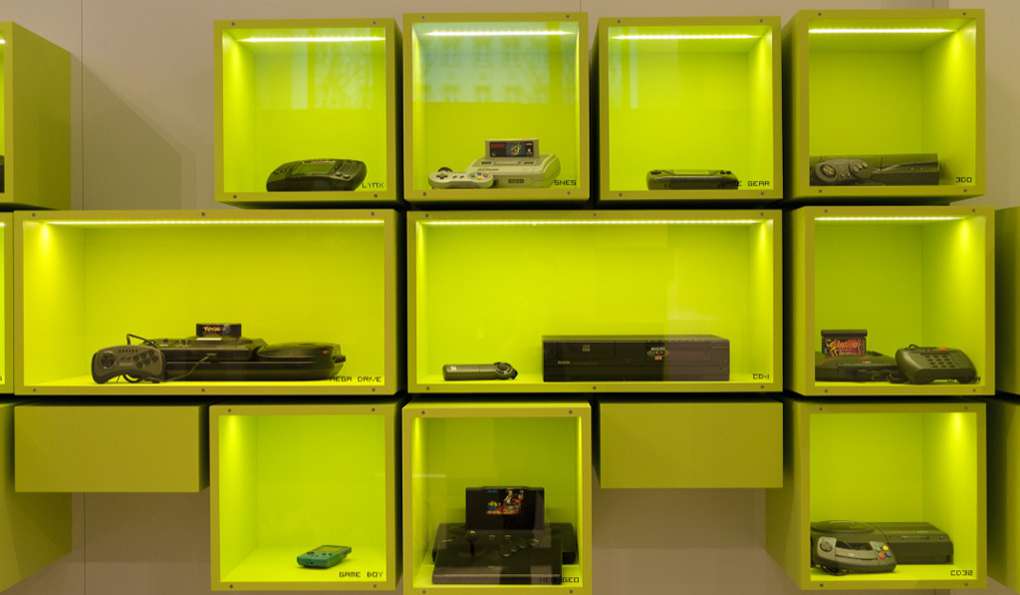In this age of ubiquitous computers, it is almost impossible to find a child or adult who has never played a computer game.
That's why the Computerspielemuseum Berlin is so popular with Berliners and visitors alike. Since 2011, it has also been the world's first permanent computer games museum with the largest permanent collection of themed objects.

Its creators have put together an extensive collection of content on the development of hardware, graphics, music and storylines in the most popular games. The milestone at which the story begins is 1951, when the first computer capable of playing games was created — Nimrod.
Adults will be nostalgic, while children will be amazed and intrigued to see the first games, which are very different from today's. For example, you'll see a table tennis machine specially designed to simulate a game of table tennis and a giant joystick that requires two hands to operate.
One of the most interesting exhibits is dedicated to the 1990s, a time of boom for computer games and their unprecedented popularity. You can see classics such as Mario and Tanks. You can trace the history of computer games right up to today's Xbox 360 and PS3. On one wall are all the computer consoles produced since their invention. In the early 60s, the first console was invented by Ralph Baer and called the Brown Box.
Sea Life Berlin is 3 km from this museum. Visit also this exhibition with children.

At the Gaming Museum you can not only look at the exhibits, but also learn a lot about them. Visitors are given an audio guide at the entrance so they can listen to the tour in their own language. The best day to visit the museum is Monday, when you can not only wander the halls but also play with some famous toys. To get in on a Monday, you need to book in advance.
The Computerspielemuseum Berlin has a permanent collection as well as some interesting temporary exhibitions. The Computerspielemuseum Berlin has a permanent collection of computer games from different countries. There are also video game evenings and game festivals. The Computer Games Museum in Berlin has an important research mission, according to the museum's staff.
The museum not only collects information about the development of computer games, but also studies their impact on our society. What's more, the museum promotes objectivity: on the one hand, games have enabled people to communicate online, and in many cases to develop logic, thinking and language skills; on the other hand, excessive gaming addiction has become a real problem of our time.










